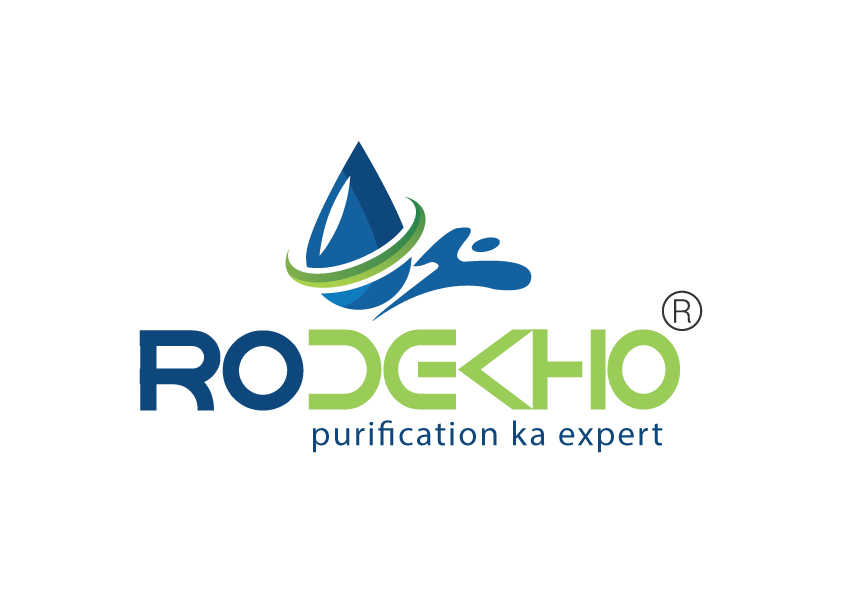There is no item in your cart
In the modern age, where water scarcity and pollution are escalating concerns, ensuring access to clean and safe drinking water has become a fundamental necessity. This need is particularly acute in commercial and industrial sectors, where large quantities of purified water are required for various processes. This is where commercial RO plants come into play. Their role in providing reliable, high-quality water is crucial, and understanding their function and benefits can offer insights into their importance in today’s world.

What is a Commercial RO Plant?
A Commercial RO plant is a sophisticated water purification system designed to handle large volumes of water, making it suitable for businesses, industries, and large-scale operations. The fundamental principle behind RO technology is the removal of contaminants through a semi-permeable membrane. This membrane allows water molecules to pass through while rejecting larger molecules and impurities, such as salts, bacteria, and organic compounds.
The Commercial RO plant operates on the same principle as residential RO systems but on a much larger scale. These systems typically consist of several stages, including pre-filtration, high-pressure pumping, membrane filtration, and post-filtration. Each stage plays a critical role in ensuring that the water produced is of the highest quality.
The Operational Mechanism of Commercial RO Plants :-
- Pre-Filtration: Before water enters the RO membrane, it undergoes pre-filtration to remove larger particles and sediments. This step prevents clogging and damage to the RO membranes, ensuring efficient operation and longevity.
- High-Pressure Pumping: The pre-filtered water is then pressurized using high-pressure pumps. This pressure is essential for forcing water through the semi-permeable RO membrane, where the actual purification takes place.
- RO Membrane Filtration: The core of the RO process, this stage uses a semi-permeable membrane to separate contaminants from the water. The membrane has tiny pores that allow only water molecules to pass through, leaving behind impurities.
- Post-Filtration: After the water has passed through the RO membrane, it undergoes additional filtration processes, such as carbon filters, to remove any residual taste or odor. This ensures that the water is not only pure but also pleasant to drink.
Benefits of Commercial RO Plants :-
- High-Quality Purification: One of the primary advantages of Commercial RO plants is their ability to produce high-quality water. They effectively remove up to 99% of contaminants, including salts, heavy metals, bacteria, and viruses. This makes the water safe for consumption and use in various industrial processes.
- Cost-Effectiveness: While the initial investment in a Commercial RO plant can be significant, it is often more cost-effective in the long run. By producing purified water on-site, businesses can reduce their dependence on bottled water and avoid ongoing purchase costs. Moreover, RO systems have low operational and maintenance costs compared to other water purification technologies.
- Environmentally Friendly: Commercial RO plants contribute to environmental sustainability by reducing the need for bottled water, which often involves significant plastic waste. By providing a reliable source of purified water, these systems help decrease the environmental footprint associated with single-use plastics.
- Consistency and Reliability: Unlike traditional water purification methods, RO systems offer consistent and reliable water quality. This is crucial for industries that require a steady supply of purified water for their operations, such as pharmaceuticals, food and beverage manufacturing, and electronics production.
- Versatility: Commercial RO plants are versatile and can be tailored to meet specific water quality requirements. They can be designed to address various types of water sources, including municipal supply, well water, and brackish water, making them suitable for a wide range of applications.
Applications of Commercial RO Plants :-
The versatility of Commercial RO plants extends to various sectors. In the food and beverage industry, purified water is essential for product quality and safety. In pharmaceuticals, high-purity water is required for the production of medicines and for laboratory use. In the electronics industry, ultra-pure water is necessary for manufacturing components and cleaning equipment.
Challenges and Considerations :-
While Commercial RO plants offer numerous benefits, they are not without challenges. One significant issue is membrane fouling, which can reduce the efficiency of the system. Regular maintenance and cleaning are required to address this issue. Additionally, RO systems produce a waste stream known as concentrate or brine, which must be managed appropriately to minimize environmental impact.
Conclusion :-
Commercial RO plants play a pivotal role in addressing the growing need for clean and safe water in various industries and businesses. Their ability to deliver high-quality purified water, coupled with cost-effectiveness and environmental benefits, makes them an invaluable asset. As water scarcity and quality concerns continue to escalate, the role of commercial RO systems will likely become even more critical. Understanding their operation, benefits, and challenges helps businesses make informed decisions about water purification and underscores the importance of investing in reliable, efficient technologies to ensure a sustainable future.

Written by
sanjeev jha